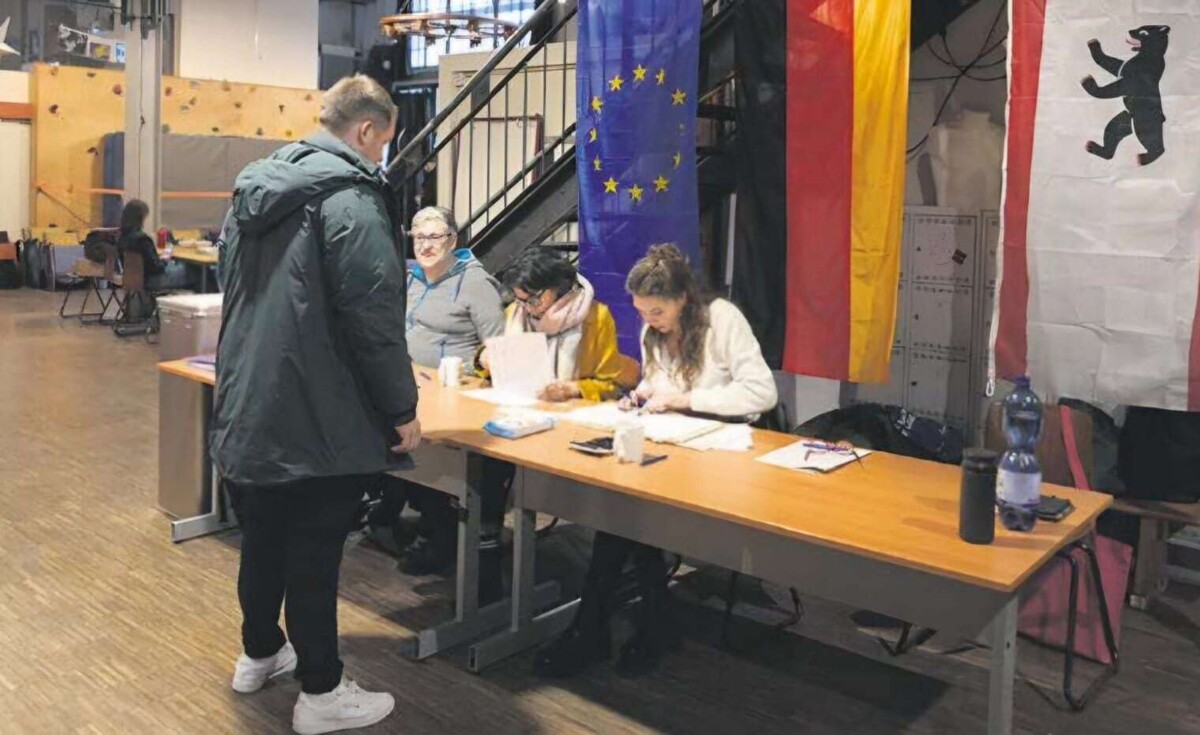
In Germany, the question arises about who will finance pensions in a future without contributions from workers to the state. The discussion reflects a complex fiscal and social issue, according to the opinions gathered.
Aurora, a young lawyer, emphasizes the comfort represented by the social policies of the social democrats, but also points out striking situations, such as the case of migrant workers receiving significant support, even covering rents for multiple wives of the same individual.
The debate extends to the difficulty of finding housing in Germany, the importance of migrants to fill job positions, and the questioning of the sustainability of current social programs. Differences in political proposals are emerging, with potential consequences in the formation of a new government.
The convergence of arguments revolves around the need to balance state spending, the expansion of debt to finance social programs, and the possible alliance among different political forces. Meanwhile, the young population seems to lean towards leftist options, marking a trend contrary to the center-right shift observed in the country following the recent elections.
In the streets of Munich, the memory of Sophie Scholl, an iconic student of the anti-Nazi resistance, remains present, reminding of a past of struggle and courage. Currently, the voices of young people like Alexandria and Laura demand a change in politics, questioning the established model and expressing a need for renewal in line with current needs.
The results of the recent elections reflect a diversity of preferences, with notable support for leftist parties among young voters. While German society grapples with opposing political visions, the challenge of ensuring the pension system and social equity stands out as one of the main challenges for the near future.














